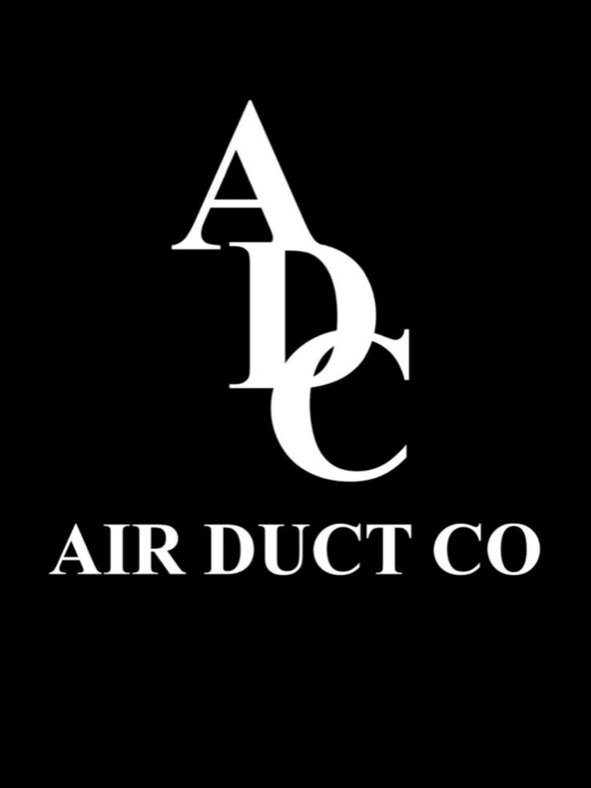Duct Cleaning Cost?
With concern growing about molds, allergens and indoor air quality, residential duct cleaning is an emerging industry. The National Air Duct Cleaners Association asserts that removing contaminants from a home's ventilation system is an important step toward improving indoor air quality. However, the Environmental Protection Agency (EPA)[1] says knowledge about air duct cleaning is in the early stages, and there is currently no evidence that a small amount of household dust or other particles in air ducts poses any health risks. The EPA indicates it might be warranted in some cases but not in all situations.
Benefits of Cleaning Air Ducts & how to choose the right Company
The Benefits of Having Your Air Ducts Cleaned
While cleaning your air ducts may not be required, the National Air Duct Cleaners Association (NADCA) recommends homeowners have their air ducts cleaned by a professional every three to five years. Adding this task to your routine home care could be beneficial because it may help you identify problems with your ductwork earlier. Additionally, keeping your ducts in tip-top shape can also help keep your HVAC unit running smoothly.
Can You DIY Your Air Duct Cleaning?
It may be tempting to DIY your way to cleaner air ducts, but you probably shouldn’t take on this task yourself. Household vacuum cleaners are ill-equipped to handle the suction needed to reach deep into your ducts and using the wrong type of brushes can damage your ductwork. Even small holes in your ductwork can create leaks in your system, allowing additional mold, dust, and debris into the ductwork, creating an expensive fix for you down the line.
How to test Air Quality in the home
The quality of the air you breathe can contribute to health problems like asthma and allergies. And it’s not just outdoor air quality that exposes us to pollutants. The World Health Organization (WHO) says 9 out of 10 people worldwide regularly breathe polluted air. And as many as 93% of children under 18 are living in environments with pollution concentrations that exceed WHO safe air quality guidelines.¹
You can't always control outdoor air quality, but you can ensure better health for your family by improving indoor air quality. That starts by identifying levels of indoor contaminants and finding ways to restore good air.
Call an Air Quality Professional
If you notice indoor air quality problems, you may scurry to do a few common sense things like duct cleaning and installing carbon monoxide detectors. But some indoor air quality problems, like the presence of mold spores or radon, can be more elusive and require professional help.
